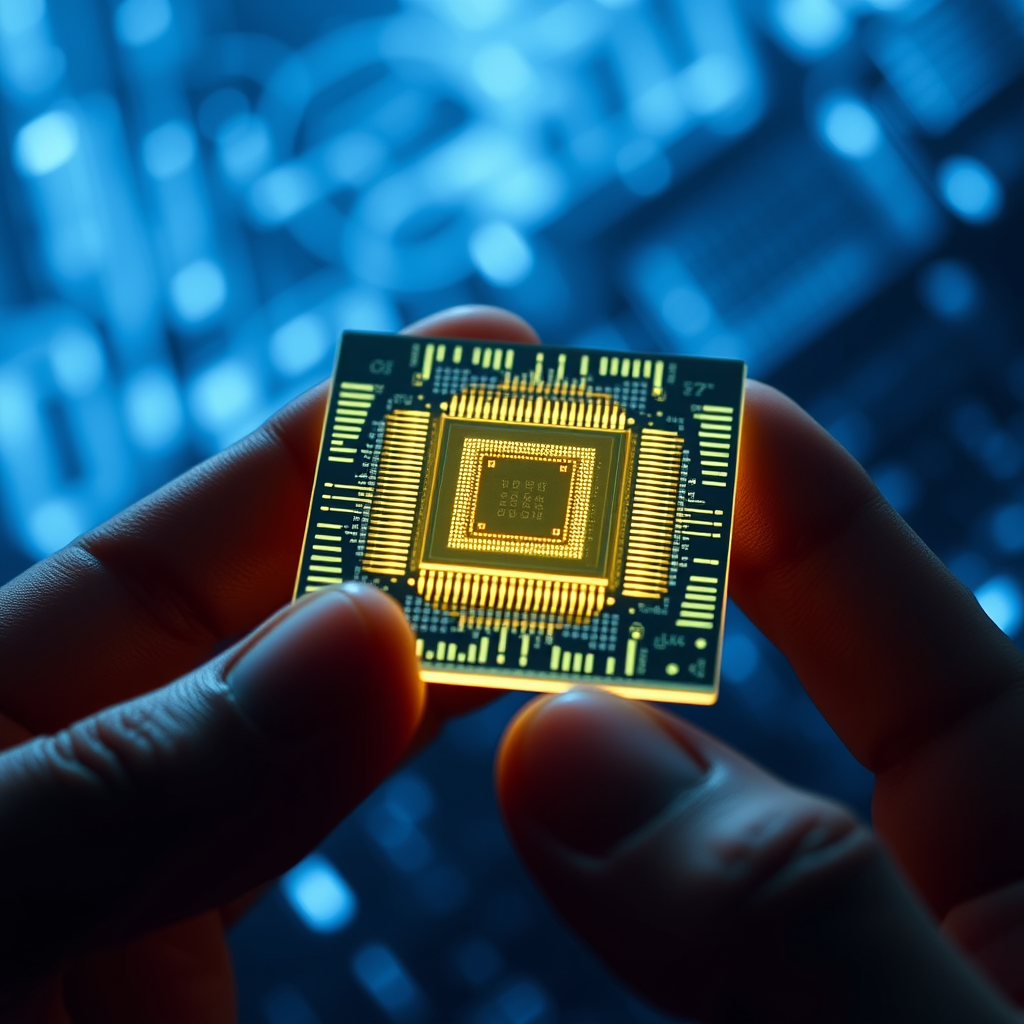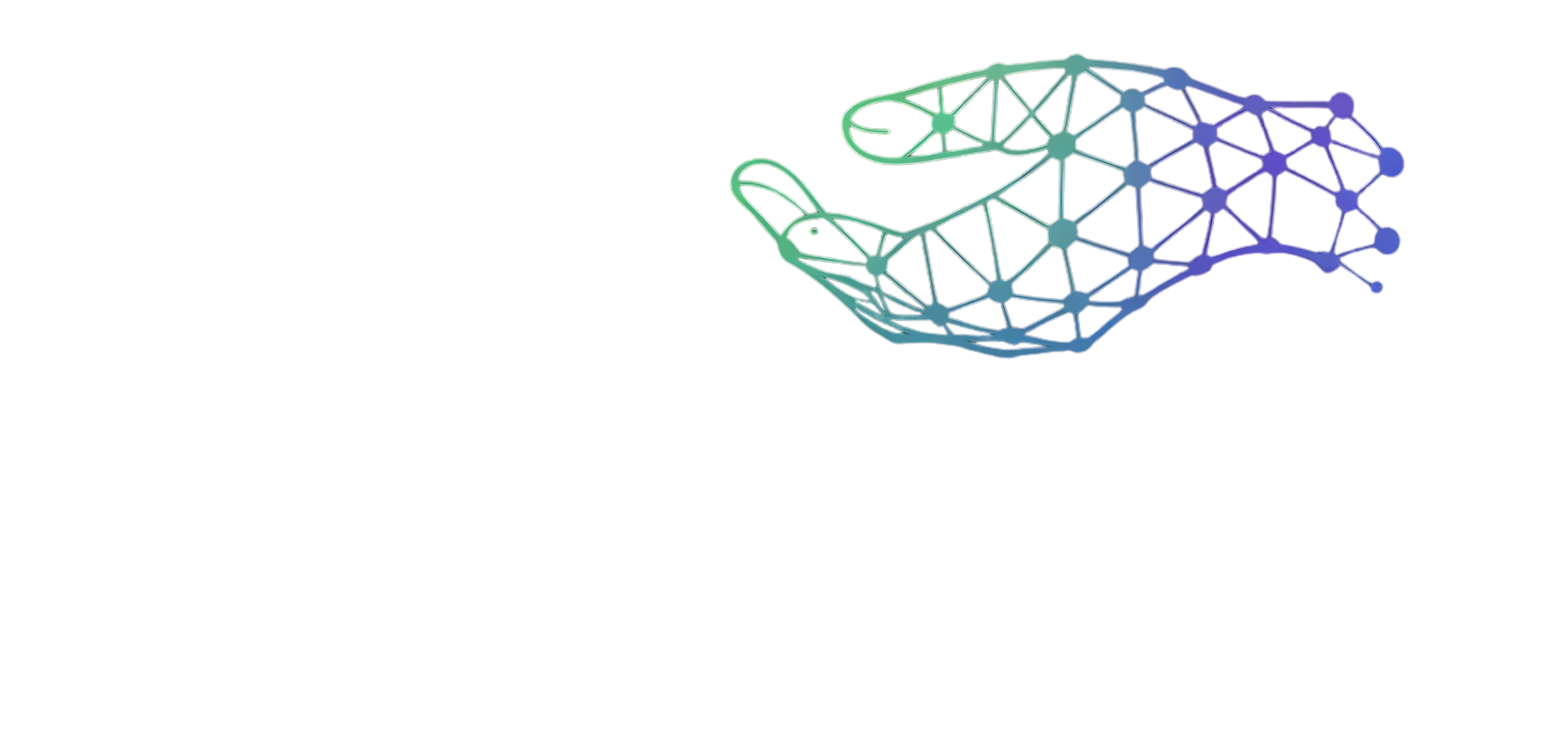Jony Ive & Sam Altman Redefine Tech: A Screenless AI Future for Well-being

Is your phone making you anxious? The man who designed the iPhone, Jony Ive, admits our tech relationship is “uncomfortable.” Now, he’s teaming with OpenAI’s Sam Altman to build something radically different. This visionary collaboration aims to create a “third core device” alongside your phone and laptop: a screenless, palm-sized AI gadget designed to transform how we interact with technology. Unlike current devices, its primary goal is to improve emotional well-being, reducing anxiety and fostering genuine connection, rather than just boosting productivity. Here are key takeaways about this ambitious project: – Discover a screenless, palm-sized AI companion designed to understand your life and environment. – Experience technology focused on emotional well-being, proactively assisting without constant screen interaction. – Witness a revolutionary approach to AI hardware, built from the ground up for seamless integration. – Anticipate a device that aims to make you happier, less stressed, and more connected to what truly matters. Could this be the technology that helps us become our “better selves”? #AIHardware #JonyIve #SamAltman #OpenAI #FutureofTech
China Unveils Industrial-Grade Quantum Photonic Chip for AI Acceleration

A groundbreaking quantum photonic chip from China is poised to redefine AI and data center capabilities, signaling a silent shift in global tech competition. Developed by Chip X and Touring Quantum, this industrial-grade optical quantum chip utilizes light for computation, offering a radically more efficient and scalable solution than traditional electronic systems. It integrates over a thousand optical components onto a 6-inch wafer, embodying a significant leap in photonic integration and promising to address critical challenges like heat generation and power consumption in data centers. Key takeaways from this development: – According to the transcript and developer reports, it achieves a thousandfold speed increase over Nvidia GPUs for specific AI workloads. – Deployment time for complex quantum-classical hybrid systems is reportedly reduced from months to just two weeks. – The chip’s use of light vastly improves energy efficiency and reduces heat, crucial for training large AI models. – Its monolithic design allows for high component density and integration, attracting attention from global researchers. – China has already established a pilot production line capable of producing 12,000 wafers annually, indicating a clear intent to industrialize this technology. Is this the beginning of a hybrid computing era where photons take the lead in AI acceleration? Share your thoughts below. #QuantumComputing #Photonics #AI #DataCenters #TechInnovation
